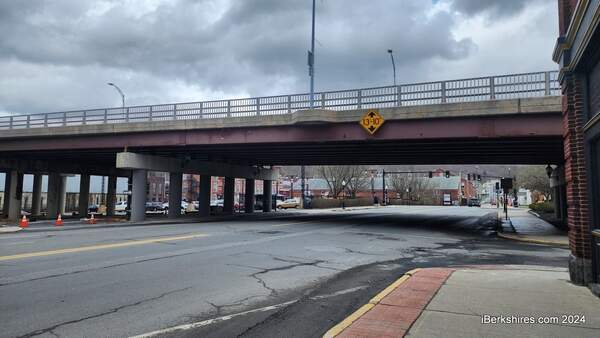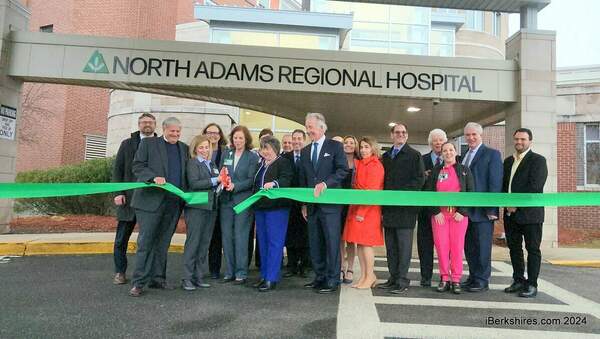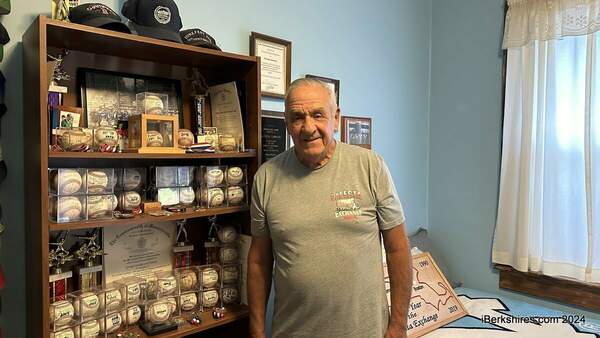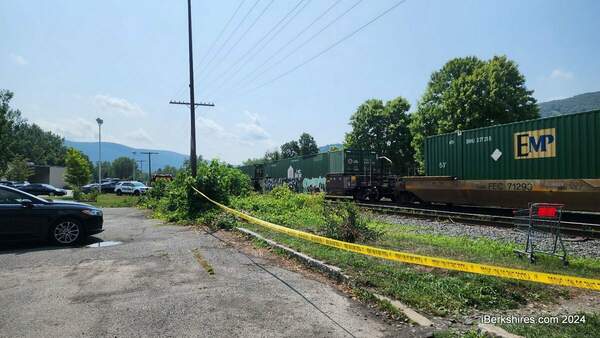Governor Signs Order Establishing Digital Accessibility, Equity Governance Board
BOSTON — In the spirit of Disability Pride Month and on the 33rd anniversary of the signing of the Americans with Disabilities Act (ADA), Governor Maura Healey, joined by Secretary Jason Snyder and representatives of the disability community, signed Executive Order #613, creating the Digital Accessibility and Equity Governance Board to strengthen and advance digital accessibility and equity within the Commonwealth.
The Board will be chaired by the newly-established position of Chief Information Technology Accessibility Officer (CIAO) within the Executive Office of Technology Services and Security (EOTSS) and will work with Secretary Snyder to lead the active engagement in driving all digital applications to be fully functional and accessible for everyone. Through ongoing monitoring, support for testing, and internal reporting, the Digital Accessibility and Equity Program will ensure that digital accessibility and equity standards are aligned across the executive department.
"In Massachusetts, we strive to be a model for equity, inclusion, and accessibility. Through the leadership of Secretary Snyder and the Executive Office of Technology Services and Security, we've made significant progress on people-centric improvements to government digital services," said Governor Healey. "The establishment of the Digital Accessibility and Equity Governance Board represents our commitment to supporting individuals with disabilities and making government more accessible and equitable for all."
Members of the Digital Accessibility and Equity Governance Board will include:
-
The CIAO
-
Secretaries of executive offices
-
The Governor's Deputy Chief of Staff for Access and Opportunity
-
The Executive Director of the Massachusetts Office on Disability
-
The Commissioner of the Massachusetts Commission for the Deaf and Hard of Hearing
-
The Commissioner of the Massachusetts Commission for the Blind
-
Members of the public with expertise or lived experience with digital accessibility issues
The CIAO and the Board will be supported in its mission to develop and implement strategies and platforms to promote best practices for digital accessibility and equity by the appointment of Secretariat IT Accessibility Officers (SIAOs) in each of the executive department's secretariats. To ensure accountability and transparency with the public, metrics to track the progress of the Board will be displayed on a public-facing dashboard.
While this Executive Order only pertains to the executive department, independent agencies, public institutions of higher education, other constitutional offices, the judiciaries, and municipalities are highly encouraged to participate with the Board and to adopt policies consistent with those advanced by the Board to maximize its impact.
As the Commonwealth's lead technology and cybersecurity secretariat, EOTSS is charged with the responsibility of coordinating the Administration's information technology activities and ensuring that all executive department agencies adhere to its published standards, policies, and procedures. This enterprise approach provides a single, comprehensive framework and ensures that the Commonwealth is in alignment on all technology needs, including data privacy, cybersecurity risk management, and now digital accessibility and equity through the creation of the Digital Accessibility and Equity Program.















